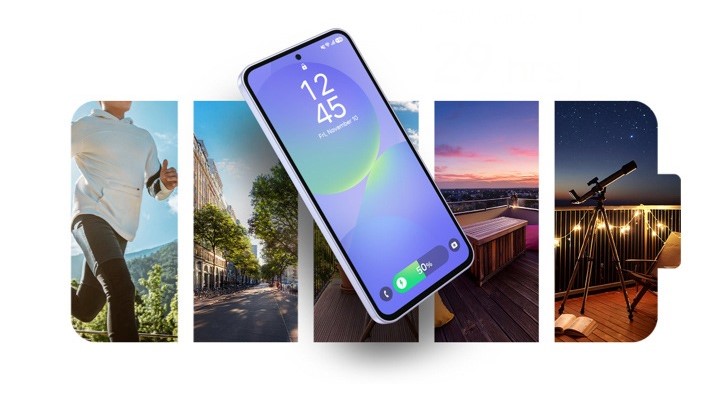ExpressVPN vs. Surfshark VPN: Which VPN is right for you?
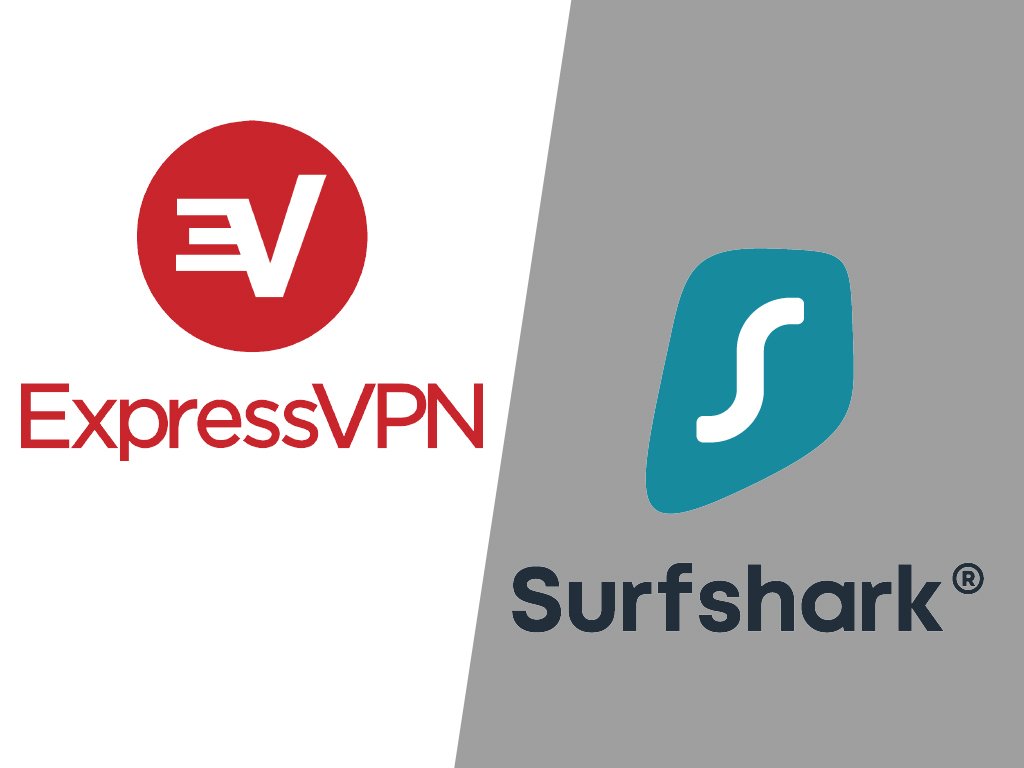
ExpressVPN
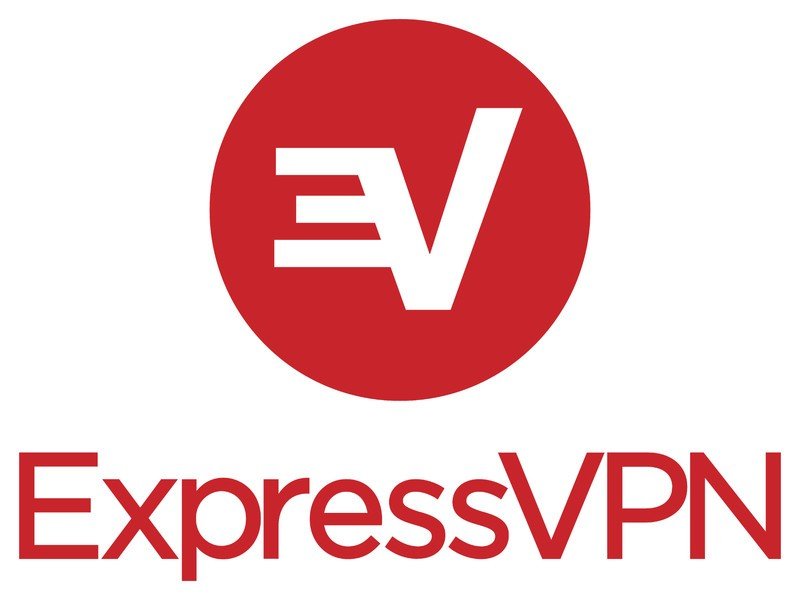
ExpressVPN is our top pick when it comes to VPNs for most people. It offers a fantastic mix of features, reliability, speed, and user protections. Give it a shot today, and if you don't like it you can use the 30-day money-back guarantee to get your cash back.
ExpressVPN
Best VPN Overall
Surfshark VPN

For those not looking to spend a lot on a VPN subscription, Surfshark VPN is absolutely the way to go. The service offers easy unblocking for accessing geo-restricted content, fast speeds, great reliability, and much more. It's priced at just about 8 cents per day right now, so don't miss out.
Surfshark VPN
The budget champion
There are a lot of VPN providers out there with ExpressVPN and Surfshark being two of the best VPN services available. Trying to understand which of the two is best for you and your personal needs can be a bit of a difficult process, but we are here to help you through it.
You may think that all VPN (Virtual Private Network) services are created equally, but that's actually far from the case. From differences in logging policies to speeds, server offerings, and the ability to unlock some streaming services and shows, almost every VPN is truly different.
We have spent a lot of time using and testing different VPN services, and almost every single time we test things ExpressVPN and Surfshark come out amongst the top of the pack. If you are wondering which of the two are best for you, you'll want to keep reading to figure it out.
What is a VPN?
VPN, or Virtual Private Network, is a pretty common term these days and people use them for a wide variety of things on a daily basis. The way it works is pretty simple in theory. You connect to a VPN, which then "tunnels" or routes your data through an extra server before it gets to the destination, which helps make it anonymous and hide where the actual traffic is coming from. This is important for maintaining security, accessing documents when you aren't exactly in the same place as them, and much more. It also prevents people from being able to track your sessions back to you or even worse intercept what you are doing online.
They are used on devices like your mobile phone, computer, laptop, gaming console, router, Fire TV Stick, and so much more. When you talk about VPNs, you'll likely hear people mention ExpressVPN and Surfshark because of all the things that the companies do so well. Let's take a few minutes to break down the similarities and differences, and see which one of them is best for you.
Be an expert in 5 minutes
Get the latest news from Android Central, your trusted companion in the world of Android
| Header Cell - Column 0 | ExpressVPN | Surfshark |
|---|---|---|
| Bandwidth limit | Unlimited | Unlimited |
| Number of simultaneous device connections | 5 | Unlimited |
| Keeps logs of your activity? | No | No |
| Number of servers | 3,000+ | 3.200+ |
| Number of countries w/ servers | 94 | 65+ |
| Number of VPN protocols supported. | 6 | 3 |
| Software | Amazon Fire, Android, Android TV, Chrome, Firefox, iOS, Linux, macOS, Nook HD, routers, Windows | Android, Android TV, Chrome, Firefox, iOS, Linux, macOS, Windows |
| Main office location | British Virgin Islands | British Virgin Islands |
| Price w/ prepay for one year | From $6.67/mo. | From $2.49/mo. |
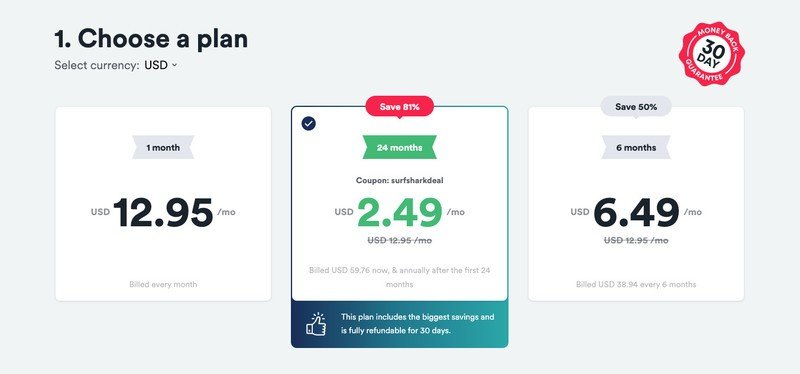
ExpressVPN vs Surfshark: Which one costs less?
When it comes to comparing ExpressVPN and Surfshark, one of the biggest differences between the two services is the cost. Surfshark is the more affordable option of the two by a long shot. Current promotions considered, Surfshark costs just $2.49 per month right now for 24 months of access, while ExpressVPN comes in at $6.67 per month for 15 months of access. This brings the upfront total to $59.76 for Surfshark's 24-month plan and $99.95 for ExpressVPN's 15-month option (which includes 3 months of free access on top of an annual subscription).
Just because ExpressVPN costs more doesn't make it better by default, and the fact that Surfshark is much cheaper doesn't make it any worse because of that. Keep in mind that the prices listed above are also for the longest-term commitment, which makes it the cheapest.
If you are only looking to sign up for one month of access, you'll actually pay the exact same amount to either provider for the subscription. Both ExpressVPN and Surfshark charge $12.95 for a one-month plan, and the 6-month plan drops to $6.99 per month for Surfshark and $9.99 per month for ExpressVPN.
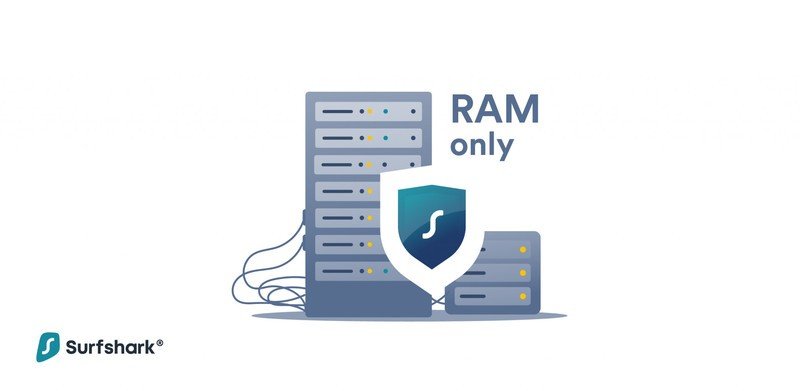
ExpressVPN vs Surfshark: How's the security?
These days, most VPN providers use a standard set of security features that include things like AES-256 Military-grade encryption, DNS leak protection, advanced security protocols and more. These are pretty much the bare minimum for anyone competing in the VPN space seriously, and while some may offer slightly tweaked wording to make their own service a bit more appealing, they are basically all the same in the end.
There are a few small things that Surfshark has done over the years to give it a bit of a leg up in the security space though. Recently, the company moved its servers to be RAM only, which means they will power the VPN connections, but hackers can't try to get into the servers and act maliciously since no information is stored there. Additionally, the company pays for an independent security audit (so does ExpressVPN now), and Surfshark has an ad and tracker blocker built right into the service.
ExpressVPN has a few extra tools up its sleeve as well, with things like WebRTC leak tests, password generators, and more. These are all nice little add-ons to the already-secure service.
ExpressVPN vs Surfshark: What about the speeds?
In our testing of both ExpressVPN and Surfshark we found that the speeds of both providers seems pretty consistent. While neither of them offered any standout high speeds, they didn't significantly slow down your connection either. Results vary depending on your location and the server that you connect to, as it does with any VPN service out there, but overall you should see positive results from either.
For average connections, the two services were right around the same but on the higher-speed lines we did notice that ExpressVPN came through with better throughput. It's not that Surfshark made the connections unusable, but it's more that ExpressVPN allows for you to take better advantage of the high-end fast speed connections.
ExpressVPN vs Surfshark: Which one has better apps?
The app is one of the most important parts of the VPN experience. You need something that's easy to use and understand to help you get connected and ensure that things are working the way you want. Surfshark has the easiest app out of any VPN provider we've ever seen. There's a big button that takes just one click to connect or disconnect, and it also lets you change which server you are connected to.
ExpressVPN's app is equally as simple, though it does offer a few extra features which advanced users may find useful at times. Both of these are featured in our best Android VPN apps and best streaming VPN guides for this very reason.
Since the magic of the VPN takes place behind the scenes, you should be focused on which offers the easiest interface to use to make sure you connect with ease, and both of these options do an amazing job at that.
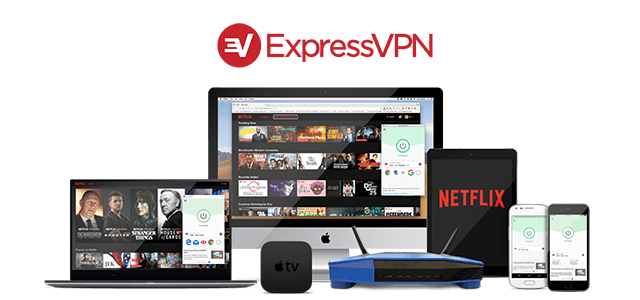
ExpressVPN vs Surfshark: Which is better for streaming?
When it comes to unblocking streaming services, both ExpressVPN and Surfshark are pretty clear in the messaging that both are able to help avoid restrictions for Netflix and more. Many VPN providers leave this text vague because companies like Netflix and the like are always trying to change detection for VPN users so they can be blocked. We'd wager that both ExpressVPN and Surfshark will always look for a way to continue unlocking these features for their users.
In addition to Netflix, both Surfshark and ExpressVPN can be used to unblock services like Amazon Prime Video, Hulu, BBC iPlayer, Peacock, YouTube, and much more. This gives you access to regional catalogs of shows and movies, along with allowing you to bypass those pesky blackouts that often happen with sporting events.
Both services will work just fine for this, but given the fact that ExpressVPN offers slightly better connection speeds, we'd have to lean towards recommending ExpressVPN for anyone looking to stream while connected to a VPN.
ExpressVPN vs Surfshark: Which has better customer support?
ExpressVPN has always been associated with having top-notch customer support, and while Surfshark does provide great customer support as well, it just doesn't live up to what ExpressVPN is offering right now. First of all, ExpressVPN offers 24/7 live chat support, so if you run into any issues you can always talk them through with someone, which is very handy.
If you aren't one to do online chat support, ExpressVPN also has an extensive catalog of articles that provide detailed answers to common issues users face. You can find some similar content from Surfshark, but the actual details around the answers are lighter. Spending a few minutes on the support side of ExpressVPN can really help you out and get you back up and running no matter what type of issue you are experiencing.
ExpressVPN vs Surfshark: Do they keep logs?
Nope. Neither ExpressVPN nor Surfshark keeps any user logs on its side. Both companies are based out of the British Virgin Islands, which means that each one is able to keep user data as a priority and allow it to remain completely anonymous.
Surfshark is very explicit about what this means for users. It does not collect anything including IP address, browsing history, bandwidth usage, session information, network traffic, connection timestamps or any other piece of information that you can imagine.
ExpressVPN is much the same. The company says that there are no activity or connection logs for any user that are kept or stored.
Privacy and keeping your information safe should be a top priority with any VPN you consider, and both ExpressVPN and Surfshark seem to take it quite seriously.

ExpressVPN vs Surfshark: The bottom line
In all honesty, you can't go wrong with either ExpressVPN or Surfshark as your VPN provider of choice. The two companies offer a lot of great features to customers and are trustworthy services. There's a reason that these are both sitting at the top of our best VPN providers post for this year, and the differences between them are rather small in the grand scheme of things.
The biggest difference between the two is going to be pricing, where Surfshark comes out on top by quite a distance. If you are still unsure whether or not a VPN has a place in your daily life, or whether it makes sense to use one at all, Surfshark may be worth it just from a financial standpoint. Though, to counter that, ExpressVPN does offer the 30-day guarantee so should you not like it after signing up you can still get your money back with no worries.
Signing up for either of these today is a better decision than leaving yourself unprotected for any longer.

Broad OS and device support
European countries are where ExpressVPN's 3,000+ servers are mostly located, with Asian countries being second. ExpressVPN has apps for several operating systems and device platforms, including Android TV, Nook HD and several Amazon personal devices.

Lots of servers and security tools
If you don't want to spend a lot of money, but also don't want to sacrifice anything by using a free VPN, Surfshark is the way to go. Right now you can get two years of access for just $59.76 (an 81% savings), which breaks down to just $2.49 per month. This is the cheapest plan from a reputable provider, and a very smart option to pick today!
We test and review VPN services in the context of legal recreational uses. For example:
1. Accessing a service from another country (subject to the terms and conditions of that service).
2. Protecting your online security and strengthening your online privacy when abroad.
We do not support or condone the illegal or malicious use of VPN services. Consuming pirated content that is paid-for is neither endorsed nor approved by Future Publishing.

